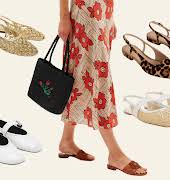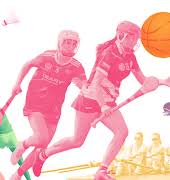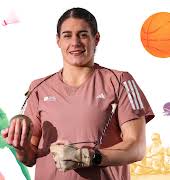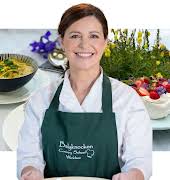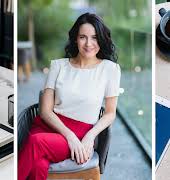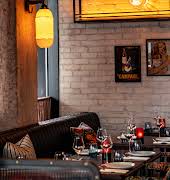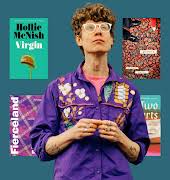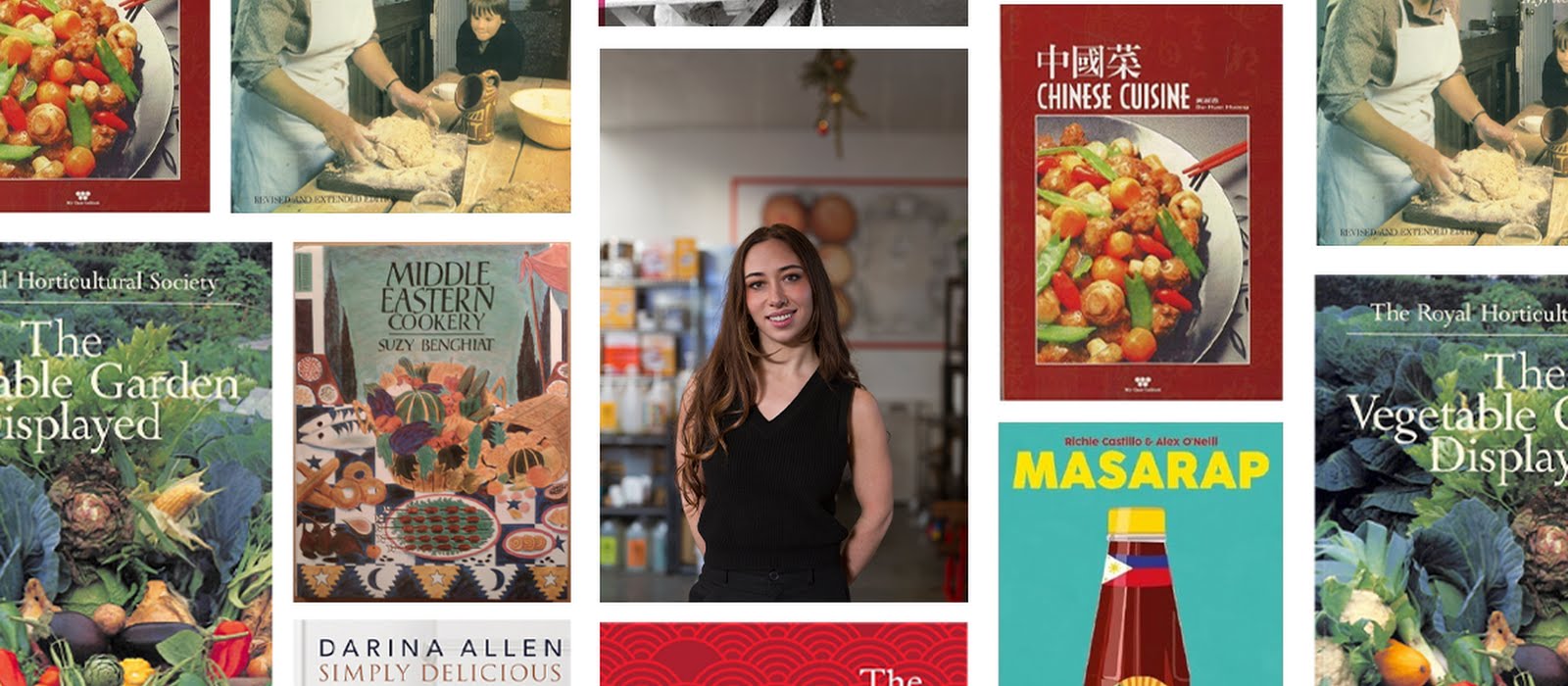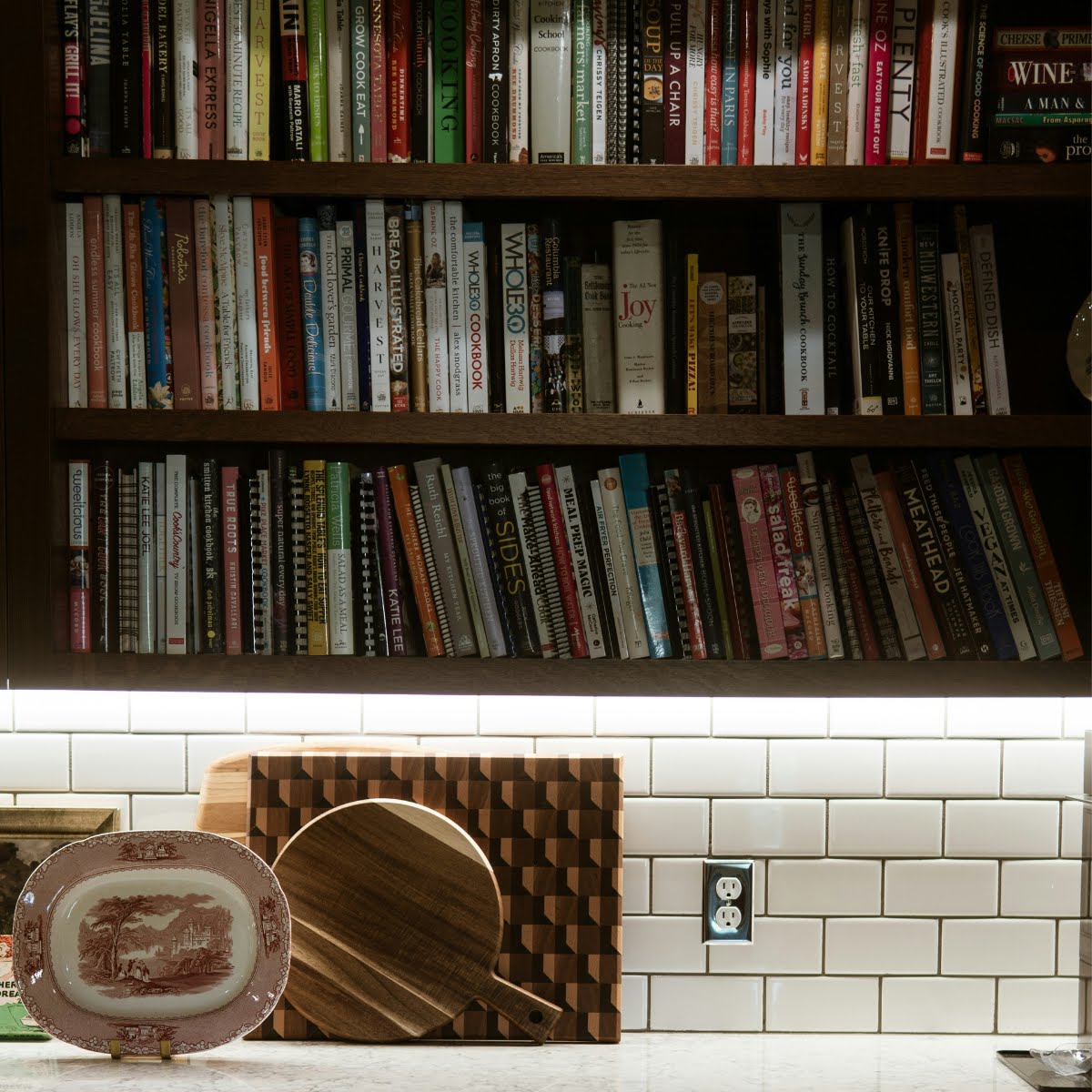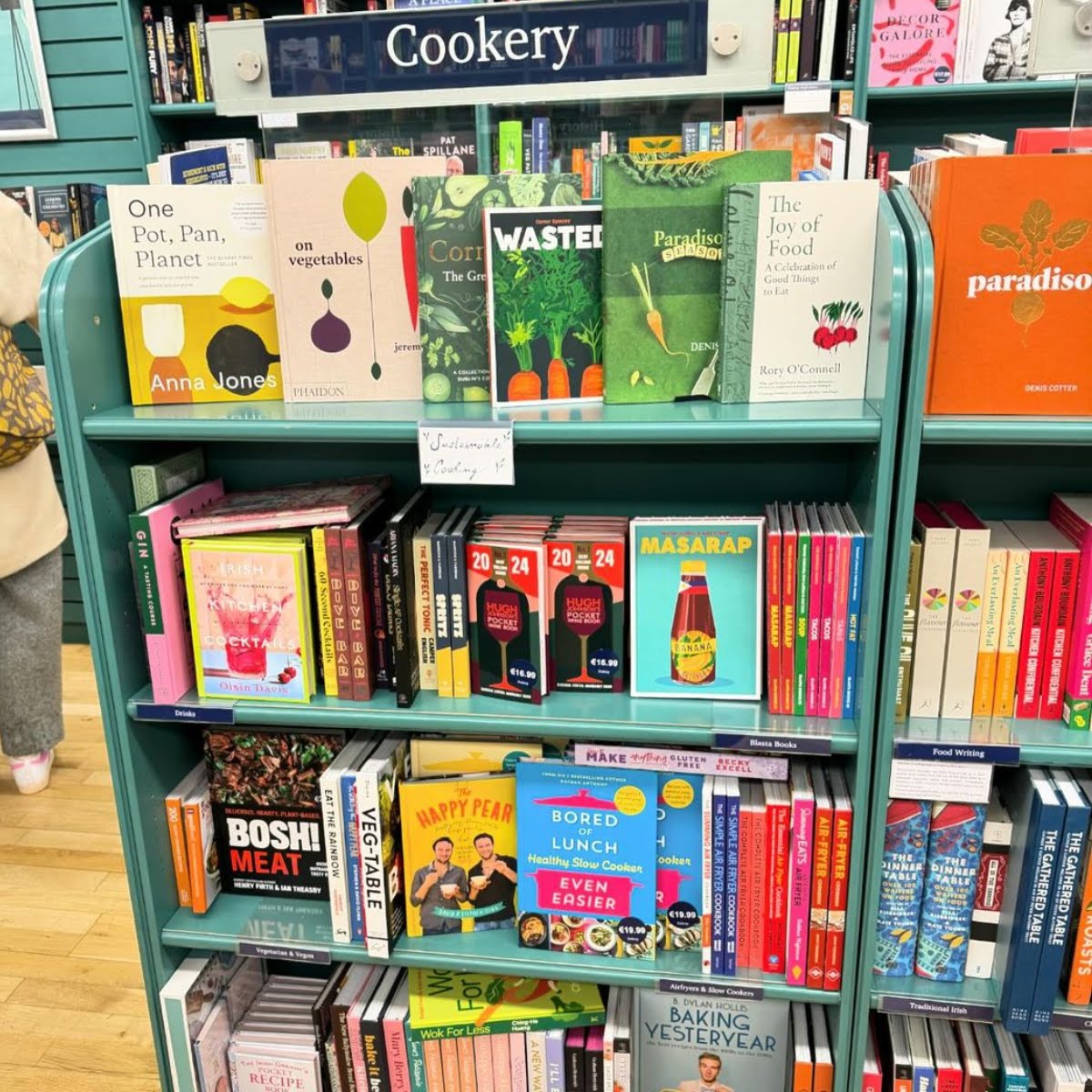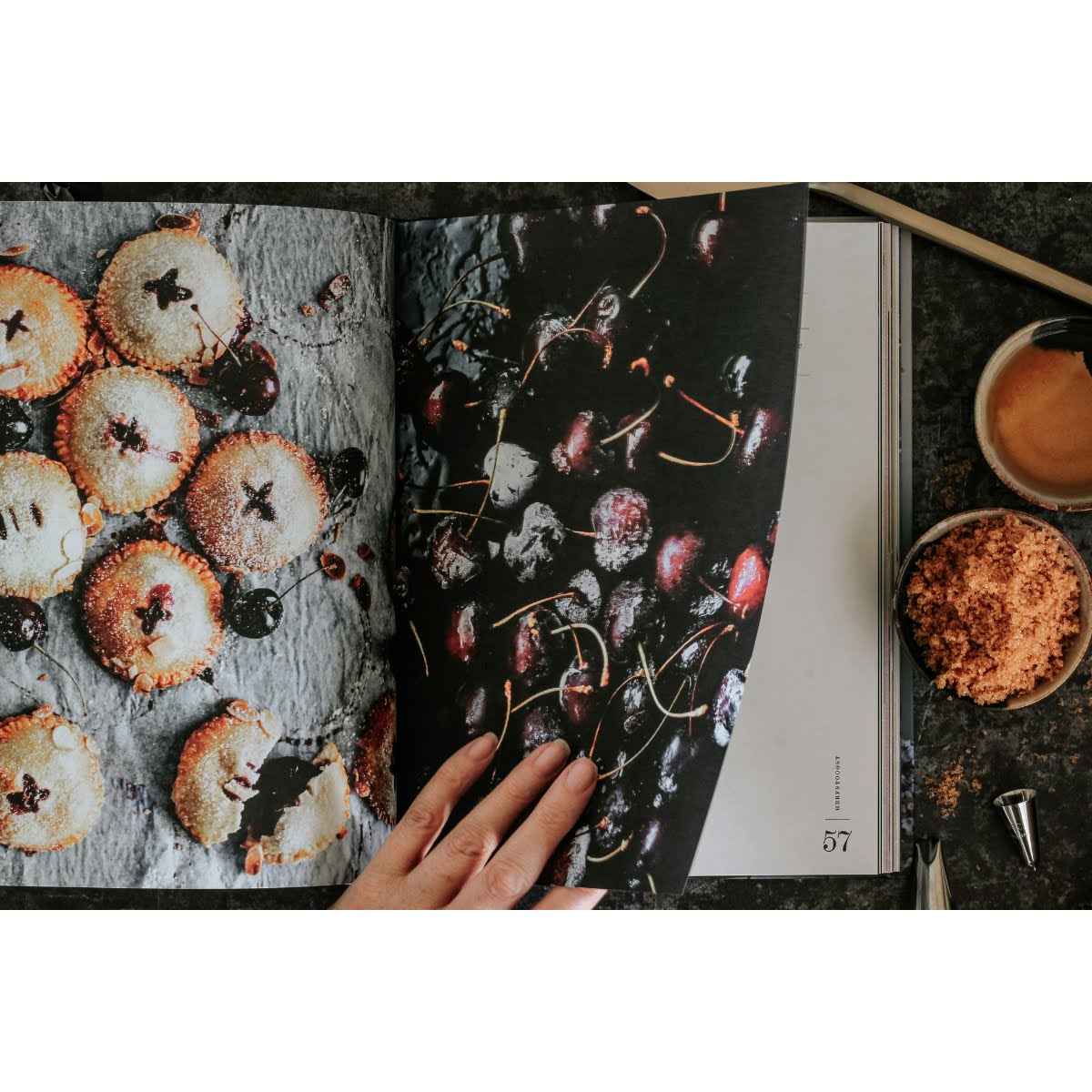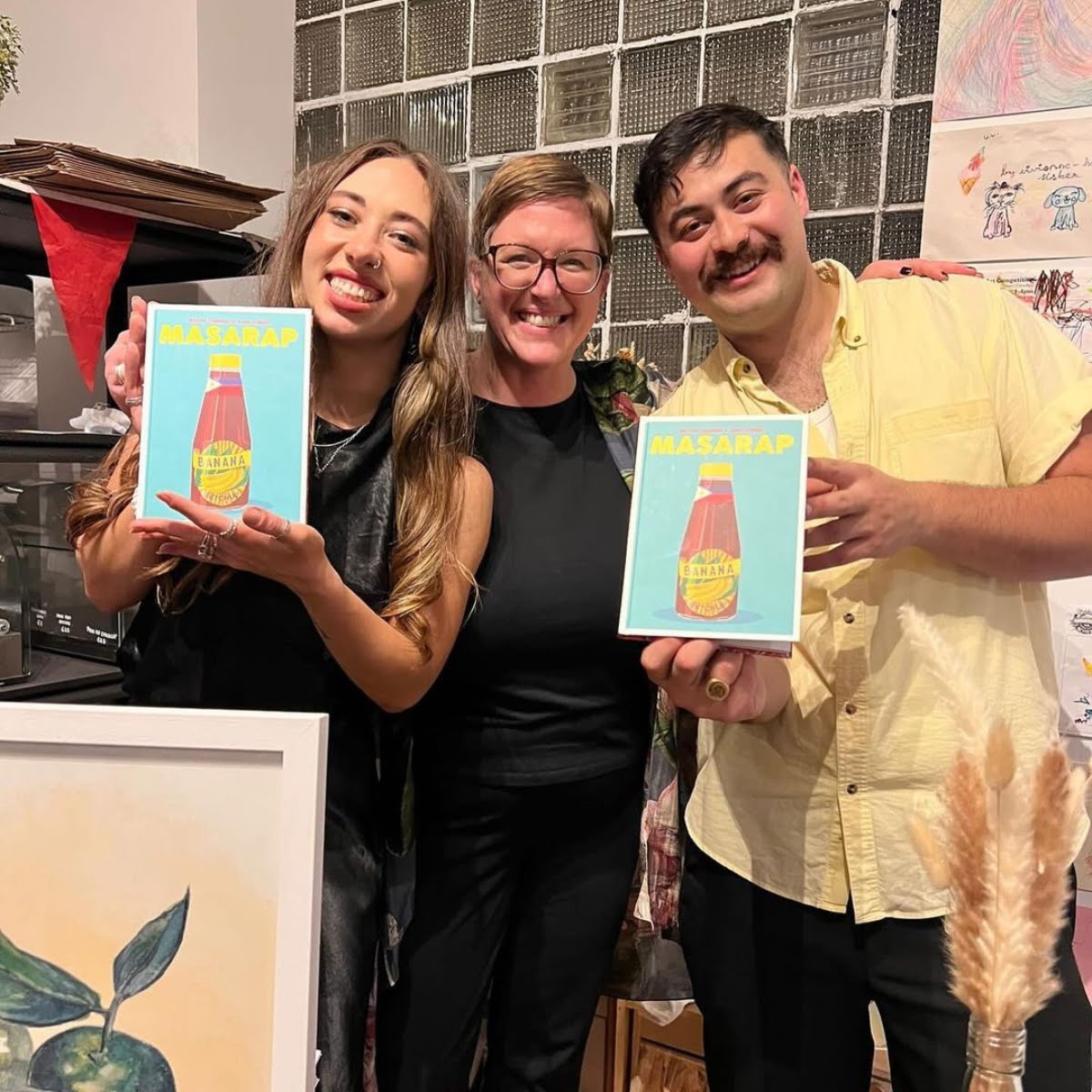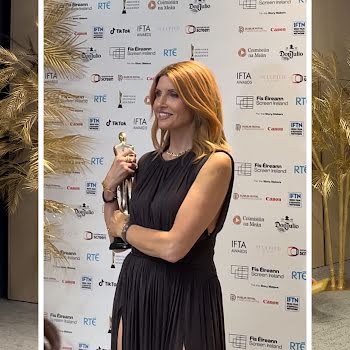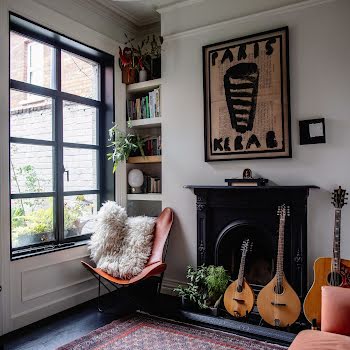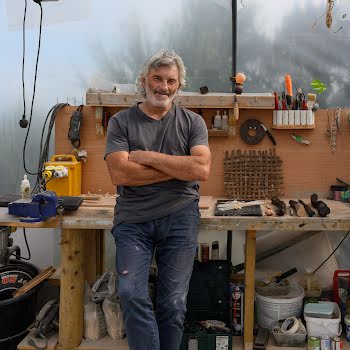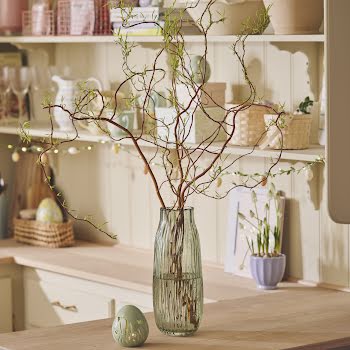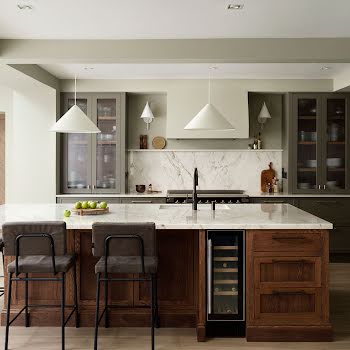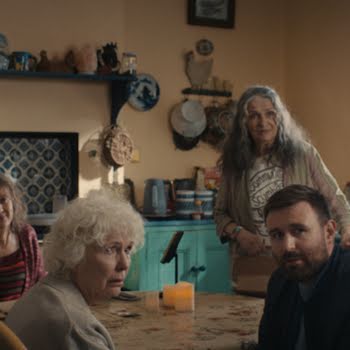
The Great Cookbook Revival: Why our appetite for recipe books never wanes
In an age where it's never been easier to source a recipe online, where is this cookbook renaissance coming from? With more diverse, artistic and exceptional options available than ever before, Alex O’Neill digs a little deeper…
Cookbooks are like opinions, everybody has one. My friends, family, old housemates, short stay hosts, neighbours — every home that I have stepped into in recent memory has one or many, some hidden away on a shelf, tabletop or kitchen press, many proudly displayed as a focal point. A household staple, many have been gifted, handed down, loaned, or impulsively purchased after watching a cooking show.
Cookbooks have a seemingly universal appeal, and continue to play a connecting role in our lives, regardless of the fact that recipes have never been easier to find online, for free. Cookbooks continue to grow in popularity, and despite everything, continue to entice.
I have an unhealthy obsession with thick, fluffy American style pancakes. I want them everyday, for every meal, it’s my hyperfixation food (I am “severely” neurodivergent) but when Pancake Tuesday comes around, all I want is my mammy’s delicate, light crepes that she’s been cooking from Darina Allen’s Simply Delicious cookbook since before I was born. It has very few pictures, no airs or graces. But I trust this cookbook with my life, because my mam did.
I come from a household of books. I’ve been reading by myself since I was three years old — newspapers since I was four. My parents will never not have a book in their hand, my sister is the same. Moving into my partner Richie’s parent’s house for the first time during Covid, I was struck by the lack of books. No beat up novels left on a chair, no historical encyclopaedias softening the flat, shiny surfaces of coffee tables, sideboards or television stands. No memoirs, no collections of Irish Poetry or Irish History. No books, it seemed, at all. I will admit, I judged them. The idea of a house with no books was ridiculous. Do these people not read?
I silently surveyed the house, perplexed, for a whole week. I thought I had it worked out when I saw a bookshelf in the study lined up with leather spines, but I had come across a wall of photo albums, coin and stamp collections. I had all but given up until one day, after eating a delicious dinner of steamed fish in ginger, scallion and oyster sauce, served with chop suey and yellow garlic rice, I spotted them. A collection of cookbooks, at the bottom of a kitchen sideboard, that had been previously hidden from view by the kitchen table. Hallelujah!
It was an incredible collection of cookbooks I had never heard of. The Complete Asian Cookbook, a book with a cover in a similar late ‘80s/early ‘90s style of cookbook I had seen in my mother and grandmother’s cookbook collections. Suzy Benghiat’s Middle Eastern Cooking, Chinese Cuisine (Wei-Chuan’s Cookbook) by Huang Su Huei, and Fuschia Dunlop’s The Food of Sichuan stood out to me too, as did one old, slim book called The Vegetable Garden Displayed, from 1974.
The other books were old too, mainly from the ‘80s, but this one stood out because it wasn’t Asian or Middle Easter inspired. It reminded me of Richie’s granny, who loved her garden. I realised that the collection of books was telling their family story.
Richie’s grandparents, on both sides, spent much of their lives travelling, working with the UN. His mother was born to Irish parents in Jordan, and spent much of her childhood in the Middle East. His dad was born in Manila, and spent his childhood in the Philippines. His parents were both Filipino, with some Chinese ancestry on both sides, and after years of his father working as a radio engineer, eventually settled in Jerusalem with his family. This is where Richie’s grandparents first met, where his parents then met, and got married.


